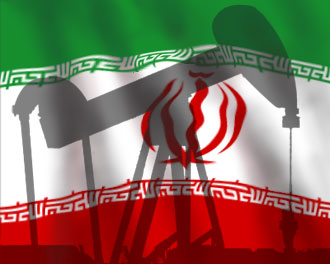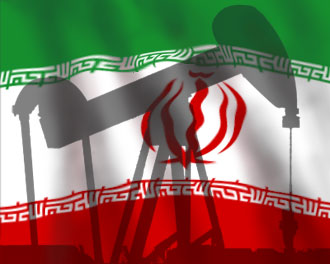 Reuters reports that China is pulling the plug on plans to invest heavily in Iran's oil industry, in large part in order to escape US Sanctions and the ire of the US State Department. The opposite claim is being made by the Iranian regime and its state-run media, that China is set to invest $8.4 billion in the Azadegan oilfield.
Reuters reports that China is pulling the plug on plans to invest heavily in Iran's oil industry, in large part in order to escape US Sanctions and the ire of the US State Department. The opposite claim is being made by the Iranian regime and its state-run media, that China is set to invest $8.4 billion in the Azadegan oilfield.
China has put the brakes on oil and gas investments in Iran, drawing ire from Tehran over a pullback that officials and executives said reflected Beijing's efforts to appease Washington and avoid U.S. sanctions on its big energy firms.
The stakes are high for OPEC's second-largest producer, as China is one of the only powers on the international political stage capable of providing the billions of dollars of investment Tehran needs to maintain the capacity of its strategic oil sector.
Four energy executives in Beijing described retreats and slowdowns of Chinese ventures in Iran in recent months, even as China has bought more crude from its Middle East partner, which leans on Beijing for backing and investment to counter sanctions over its disputed nuclear plans.
Read full article.....
 Tuesday, January 17, 2012 at 8:42 |
Tuesday, January 17, 2012 at 8:42 |  Scott Lucas in
Scott Lucas in  EA Global,
EA Global,  Journalism and Media,
Journalism and Media,  Music and Culture
Music and Culture  When a state --- be it Bahrain, Israel, Syria or China --- needs to stoop to the level of paying citizens to fight its public relations wars, it has already lost.
When a state --- be it Bahrain, Israel, Syria or China --- needs to stoop to the level of paying citizens to fight its public relations wars, it has already lost.






